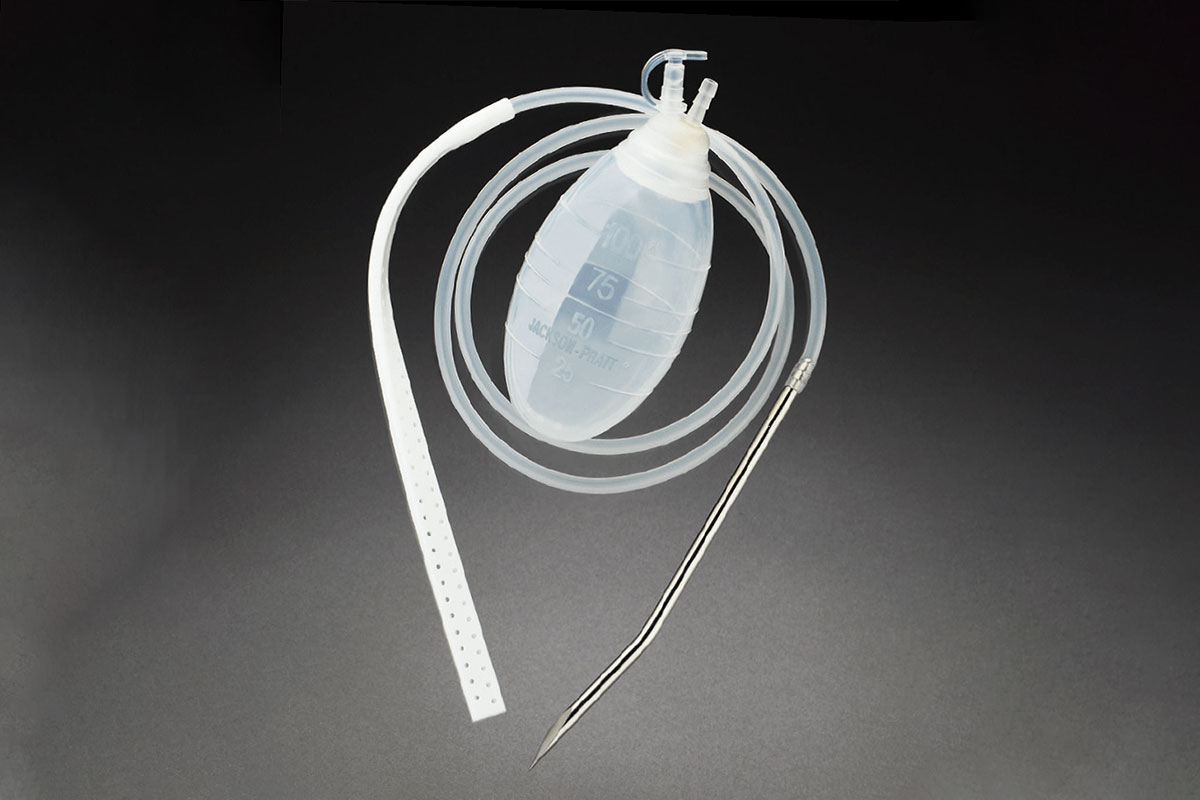Congratulations on taking the first step towards feeling and looking your best! You’ve just undergone cosmetic or reconstructive surgery and are now on the path to recovery. At Elite Private Recovery RN, we understand that the recovery process can be overwhelming and confusing, so we’re here to provide you with the skilled nursing care you need in the comfort of your home or hotel.
What Are Drains?
Drains are small tubes placed in your surgical site to remove excess fluid and promote healing. They are usually placed under the skin and are connected to a small bulb or container that collects the fluid. Drains are necessary to remove excess fluid that can accumulate at the surgical site. This fluid can cause swelling, discomfort, and delay healing. By removing the excess fluid, drains can reduce your recovery time and ensure optimal healing.

Benefits of Post-Surgery Drains:
- Remove excess fluid that can accumulate at the surgical site
- Reduce swelling and discomfort
- Promote optimal healing
- Reduce recovery time
- Reduce the risk of infection
- Reduce the risk of complications
- Prevent the formation of seroma (pocket of clear fluid)
- Help you return to normal activities quickly
Caring For Your Drains
Caring for your drains is an important part of your recovery. Your registered nurse will ensure that your drains are kept clean to prevent infection. They will use mild soap and water to gently clean the area around your drains and dry them thoroughly. They will also monitor your drain output and keep track of the amount of fluid draining to monitor your healing process and ensure your drains are functioning properly.
To ensure the drains are kept dry, your nurse will change the dressings frequently. Your nurse will change the dressings frequently to keep the area around the drain clean and dry. You must not try to remove the drains yourself — your nurse or surgeon will remove them when they are no longer needed.
Your nurse will also watch for signs of infection, such as redness, warmth, or drainage of pus, and contact your surgeon immediately if any are noticed. They will follow your surgeon’s instructions on caring for your drains and ensure a smooth recovery.
Your Nurse’s Drain Care Responsibilities:
- Clean the area around the drains
- Ensure your drains are kept clean to prevent infection
- Monitor drain output and keep track of fluid drainage
- Change dressings frequently to keep the area clean and dry
- Remove the drains when they are no longer needed
- Identify signs of infection and report to the surgeon immediately
- Follow the surgeon’s instructions for drain care
- Provide support and guidance throughout the recovery process


